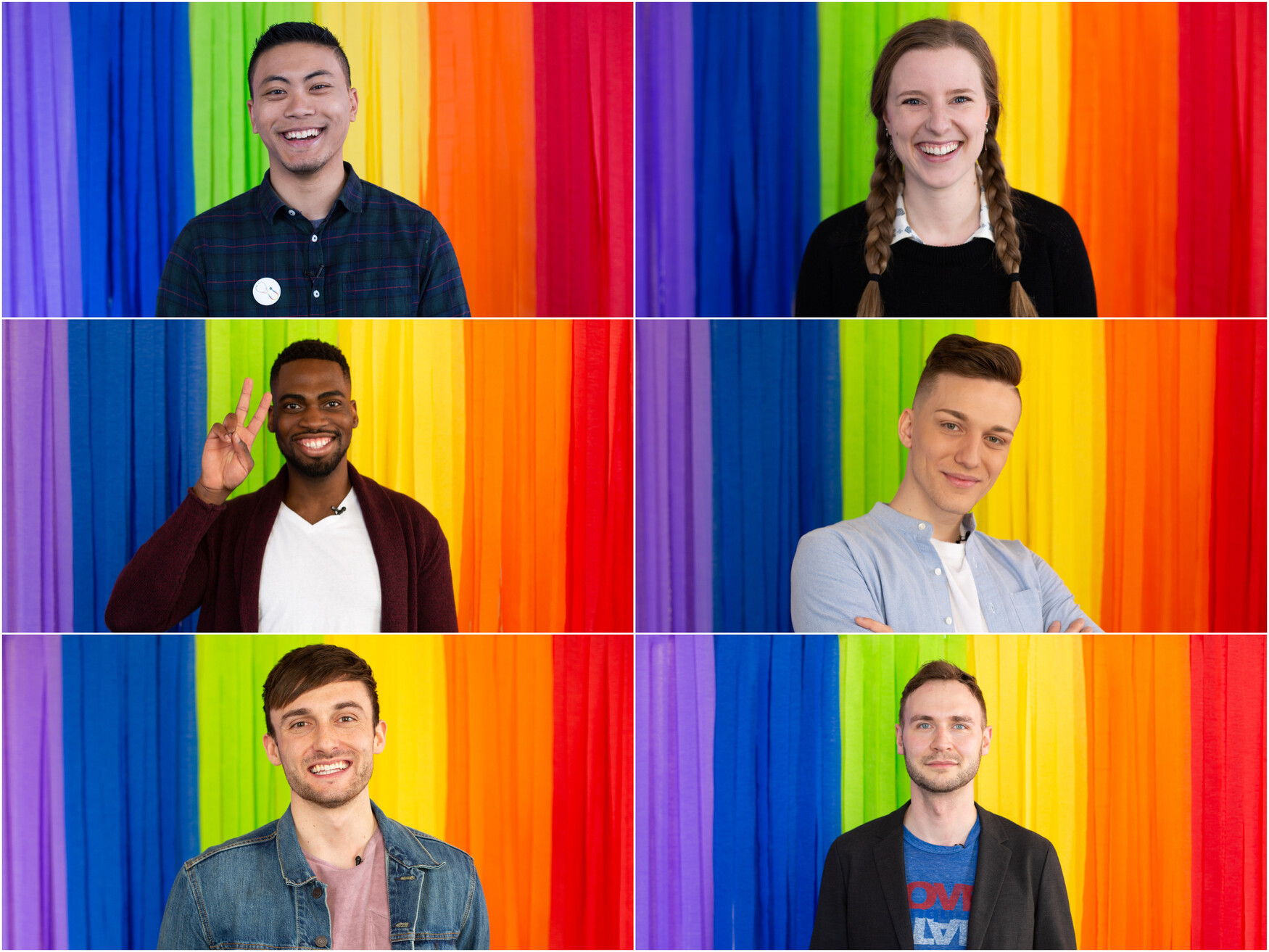
 James Owen, an Assistant Professor in the Department of Family and Community Medicine, says it takes more to deliver medical care to queer communities than simply being able to decode the acronym LGBTQ2S (which stands for lesbian, gay, bisexual, transgender, transsexual, queer, questioning, and 2-Spirit).
James Owen, an Assistant Professor in the Department of Family and Community Medicine, says it takes more to deliver medical care to queer communities than simply being able to decode the acronym LGBTQ2S (which stands for lesbian, gay, bisexual, transgender, transsexual, queer, questioning, and 2-Spirit).
“We’ve gone far beyond the days of just defining the acronym and related terminology, to now recognizing and addressing the unique health needs of the LGBTQ2S population,” says Owen, who is also the LGBTQ2S Health Education Theme lead and director of the Complexity and Chronicity course in the Foundations curriculum.
LGBTQ2S content is woven throughout the first two years of the MD program. For example, in the second-year psychiatry block, students discuss the Diagnostic and Statistical Manual of Mental Disordersdiagnosis of Gender Dysphoria — which is required by trans and non-binary patients to access care such as hormones or surgeries — as well as the controversial history regarding this diagnosis. In another week, the leads for Indigenous, Black and LGBTQ2S Health explore concepts such as trauma-informed care and the care of vulnerable populations in a week titled “Intersectionality and Equity”.
“This week is co-presented with my fellow population health leads, Professors Lisa Richardson and Jason Pennington in Indigenous Health and Dr. Onye Nnorom in Black Health. Each of us represent populations that experience significant health disparities, and we have collaborated to build curriculum elements that relate collectively to each of our themes,” says Owen.
This year, Owen also recruited colleagues to create a video lecture on gender affirmation surgeries — a first for our curriculum, explains Owen. That development closely followed changes to OHIP that expanded access to these surgeries in 2017.
“This video was well received by the students, and something that I think many practicing physicians might learn from as well,” says Owen.
Owen says his next steps for this role include identifying learning opportunities related to LGBTQ2S health in the program’s third and fourth years, particularly as the MD Program embarks on a process of clerkship renewal.
In addition to overseeing medical student education regarding LGBTQ2S health, Owen also works to advance faculty development in this area, through formal and informal support to faculty members. He also provides support to Out in Medicine, the MD Program’s LGBTQ2S student group dedicated to advocacy, community-building and education.
As Owen marks the end of his first year in his theme leadership role, he looks forward to building upon the legacy Amy Bourns, the MD Program’s first LGBTQ2S Health Theme Lead and Ed Kucharski, his immediate predecessor, helped establish.
“We are the first Canadian medical school to formally fund a role such as this one,” he says. “Based on the work that has been done so far, and by working with and on behalf of our diverse communities, my goal is for us to be recognized as a centre of excellence for LGBTQ2S health care and medical education in Canada.”